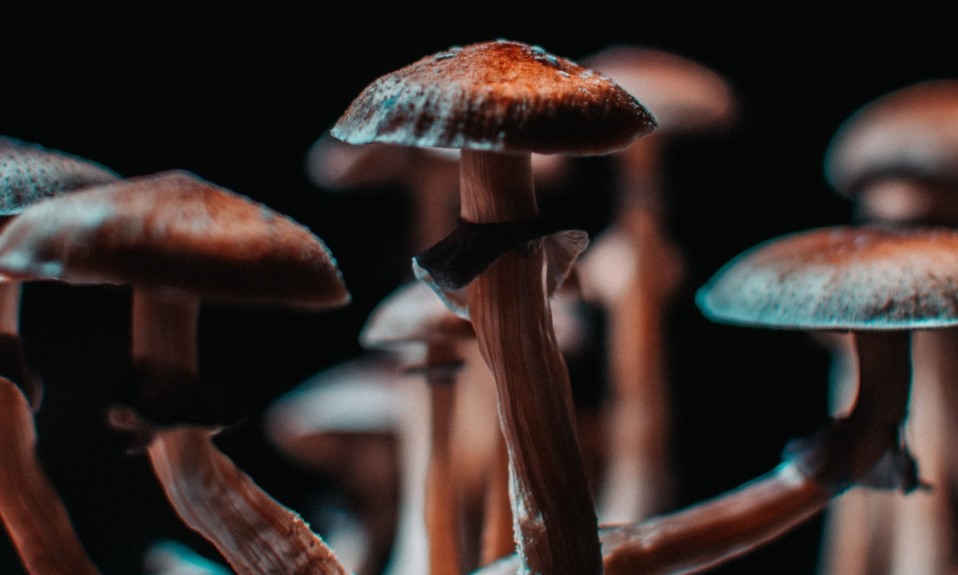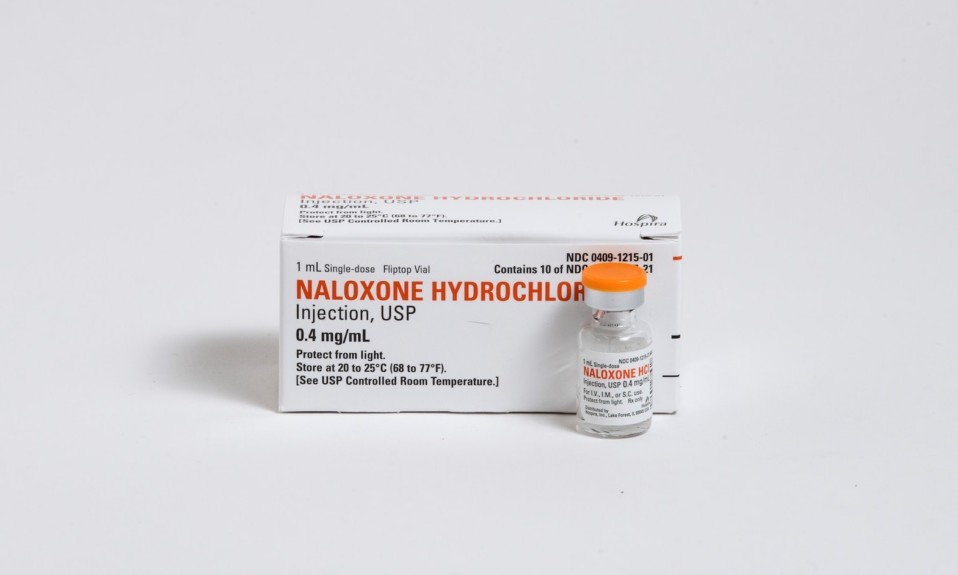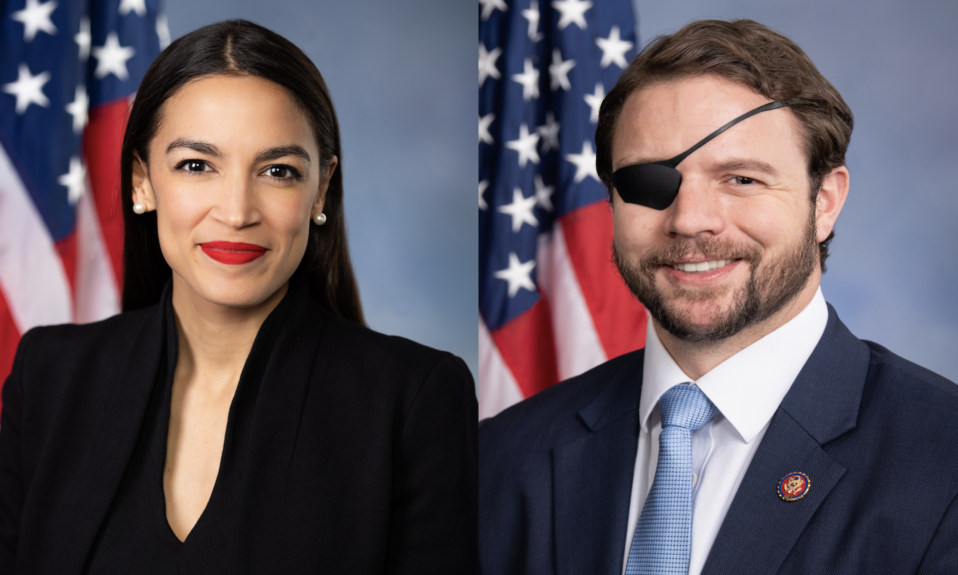The VC fund Palo Santo is investing big in the future of psychedelic medicine for the treatment of mental health and addiction
By Jenny Diedrich
Tim Schlidt believes psychedelic drugs can revolutionize the treatment of mental illness and addiction, and through a recently launched venture capital enterprise, he and his colleagues are working to improve access for the public at large.

Palo Santo, a U.S.-based psychedelic investment fund founded by Schlidt and his partner Daniel Goldberg, focuses on increasing the supply of clinically effective mental health and addiction treatment. The firm targets a diverse range of companies across biopharma, drug development, digital therapeutics, healthcare services and tech-enabled solutions to address the growing global mental health crisis.
Four years ago, Schlidt and Goldberg recognized an opportunity around psychedelics after seeing positive clinical data for their use in the treatment of mood disorders and addiction. The pair began networking and continued to learn more, formally launching Palo Santo in January 2021. Since then, the fund has raised almost $40 million and invested $18 million among 26 companies.
“It seemed like a compelling technology and a space that was ripe for disruption,” Schlidt says. “This started as a personal exploration. Three or four years ago, there weren’t really any businesses focused on psychedelics. It was not-for-profits. We did it out of a passion for the space. It’s taken off way faster and has been much broader than we would have ever anticipated.”
Growing Body of Psychedelic Research
Research into psychedelics began in the 1950s, and studies have gotten increasingly rigorous over the years. More than 1,000 research papers across 40,000 human subjects have studied psychedelics, Schlidt notes, many with promising results.
There are enough signs clinically that these do work. A day will come when they will be prescribed medications.”
—Tim Schlidt
In the last 10 years, research has taken off. One of the drugs most studied is psilocybin, which has been shown to be effective in treating major depressive disorder and existential anxiety. Schlidt also mentions ibogaine, another psychedelic, which has been shown in some studies to treat opioid use disorder by rapidly addressing cravings and reducing withdrawal.
“There are enough signs clinically that these do work,” Schlidt says. “A day will come when they will be prescribed medications. We anticipate they will be prescribed under the supervision of a therapist with controls and protections in place.”
Schlidt points to evidence that psychedelics are safer than other drugs that treat depression and anxiety. SSRIs, a type of antidepressant, can be difficult to get off and can cause side effects—both of which are not issues with psychedelics.
“With many [psychedelics], there is very little abuse liability,” he says. “Most are not addictive compounds. If there is some slight dependence, it’s less than opioids. They are safer than many legal drugs out there, with lower dependency.”
Psychedelics and the Future
Given the pandemic’s effects on addiction and mental health, Schlidt believes it’s the perfect time to advance the science of psychedelic medicine. He cites statistics showing that 396 million people globally suffer from anxiety and 385 million from depression. The numbers are similar for PTSD and addiction.
“Once COVID hit, we saw this as a big catalyst for the ecosystem to take off, and for renewed focus to be put on mental health,” he says. “Mental health is the next pandemic after COVID. Pre-COVID, these were already large patient populations. Post-COVID, the statistics suggest that number is two or three times [higher]. We could have over a billion people suffering from depression globally. COVID has definitely exacerbated addiction as well. Overdose deaths have skyrocketed.”
There is certainly more cultural acceptance at best and cultural curiosity at worst. People … are waking up to the clinical potential.”
—Tim Schlidt, on the future of psychedelic therapies
As for public perceptions around psychedelics, Schlidt has seen attitudes changing. “There certainly is more cultural acceptance at best and cultural curiosity at worst,” he says. “People are at least saying we should research these more. They are waking up to the clinical potential.”
For Palo Santo, the fund’s end goal is all about access, Schlidt says. “We want to see barriers to access brought down. We want these to be safe and be sure the proper protocols are in place. If there’s one thing where we would look back and say we achieved our mission, it would be funding the best companies in the space who are able to commercialize and provide relief for a lot of debilitating illnesses.”
Top photo: Marco Allegretti














